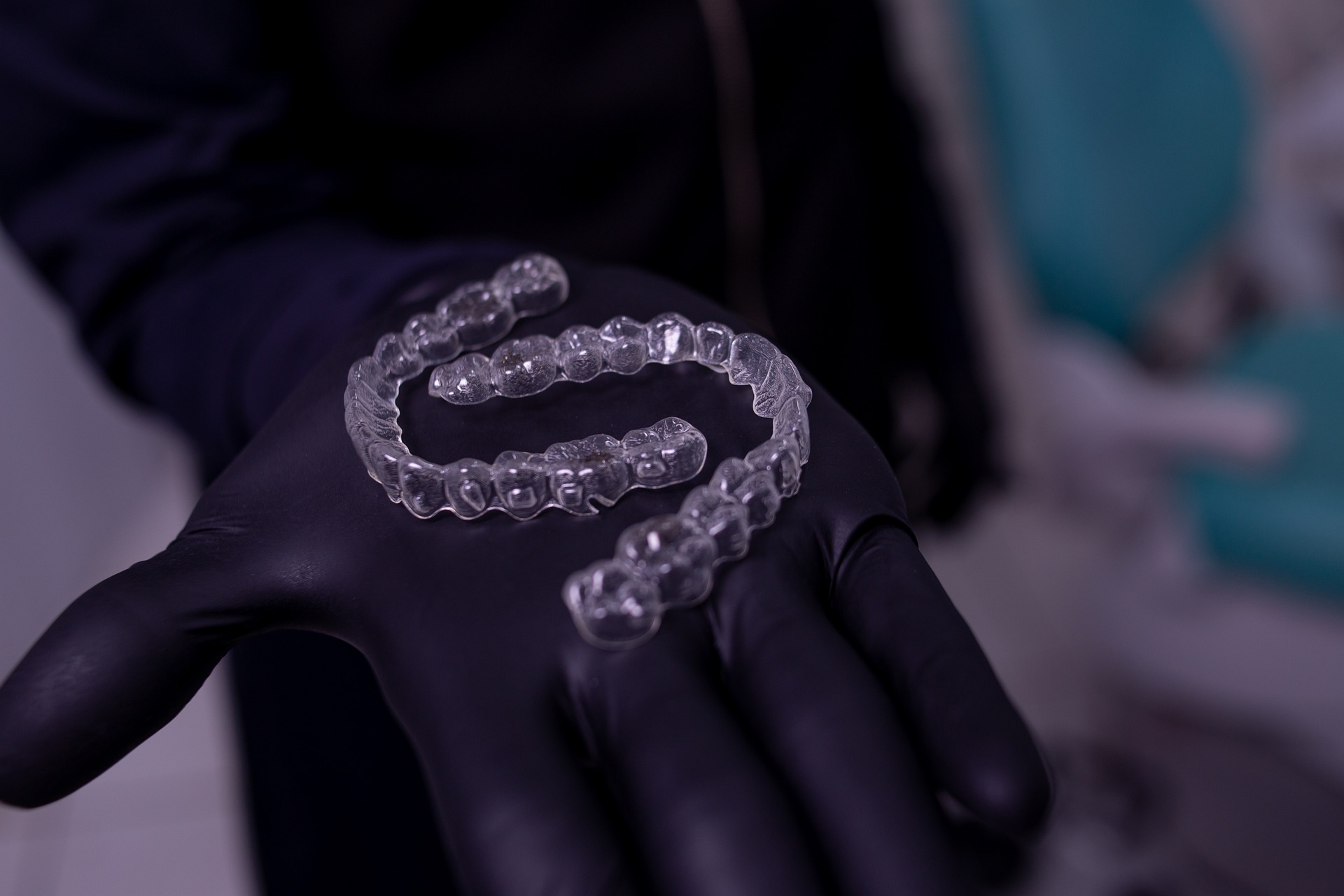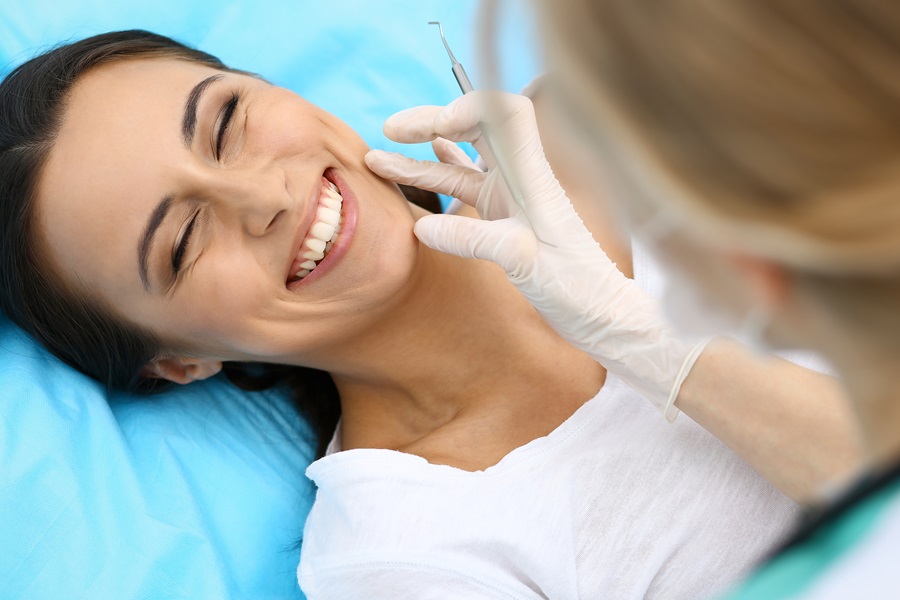Sleep apnea is a sleep disorder characterized by pauses in breathing or shallow breaths during sleep. These episodes, known as apneas, can last for several seconds to minutes and occur multiple times throughout the night. The most common type of sleep apnea is obstructive sleep apnea (OSA), which occurs when the muscles in the throat relax and block the airway.
But why does this happen? Well, our bodies naturally relax during sleep, including the muscles that keep our airways open. However, for individuals with sleep apnea, this relaxation causes their airways to narrow or close completely. As a result, oxygen levels drop and carbon dioxide builds up in the body.
Diagnosis and Treatment Options
When it comes to sleep apnea, a proper diagnosis is crucial in order to determine the most effective treatment plan. If you suspect that you or a loved one may have sleep apnea, it's important to consult with a healthcare professional who specializes in sleep disorders.
The first step in diagnosing sleep apnea involves undergoing a comprehensive evaluation. This typically includes an assessment of your medical history, as well as a physical examination. In some cases, your doctor may recommend undergoing a sleep study, also known as polysomnography. During this test, various parameters such as brain activity, heart rate, and breathing patterns are monitored while you sleep.
Once diagnosed with sleep apnea, there are several treatment options available depending on the severity of the condition. Continuous Positive Airway Pressure (CPAP) therapy is often considered the gold standard for managing moderate to severe obstructive sleep apnea. This involves wearing a mask over your nose or mouth while you sleep which delivers pressurized air to keep your airways open.
For those who find CPAP uncomfortable or ineffective, alternative treatments such as oral appliances or surgical interventions may be recommended by your healthcare provider. Oral appliances work by repositioning the jaw and tongue to help maintain an open airway during sleep.
It's worth noting that lifestyle changes can also play a significant role in managing mild cases of sleep apnea. Losing weight if overweight or obese can help reduce symptoms by decreasing excess tissue around the throat that contributes to blockages during breathing.
Lifestyle Changes for Managing Sleep Apnea
When it comes to managing sleep apnea, making certain lifestyle changes can significantly improve your quality of sleep and overall health. These simple adjustments may seem small but can make a big difference in the management of this condition.
- Maintaining a healthy weight is crucial for managing sleep apnea. Excess weight can contribute to the narrowing of airways during sleep, leading to more frequent breathing disruptions. By adopting a balanced diet and incorporating regular exercise into your routine, you can shed those extra pounds and potentially reduce the severity of your symptoms.
- In addition to weight loss, changing sleeping positions can also be beneficial. Sleeping on your side instead of your back helps to keep the airway open and prevents obstructions. You could try using pillows or special devices that encourage side-sleeping if you find it difficult to maintain this position throughout the night.
- Avoiding alcohol and sedatives before bedtime is another important lifestyle change for managing sleep apnea. These substances relax the muscles in our throat, further contributing to breathing difficulties during sleep. It's best to limit or eliminate their consumption altogether.
- Establishing good sleep hygiene habits is essential for managing sleep apnea effectively. This includes sticking to a consistent bedtime routine, creating a comfortable sleeping environment free from distractions or noise disturbances, and ensuring adequate amounts of restful sleep each night.
By implementing these lifestyle changes alongside medical treatments prescribed by your healthcare professional, you can better manage your symptoms and enjoy improved overall well-being.
Tips for Better Sleep and Overall Health with Sleep Apnea
- Create a Relaxing Bedtime Routine
Establishing a regular routine can signal to your body that it's time to wind down and prepare for sleep. Consider incorporating activities such as reading, taking a warm bath, or practicing relaxation techniques like deep breathing or meditation.
- Keep Your Bedroom Environment Comfortable
Make sure your bedroom is conducive to good sleep by creating an environment that is quiet, dark, and cool. Use blackout curtains or eye masks to block out any unwanted light, and consider using earplugs or white noise machines if you're easily disturbed by noise.
- Invest in a Good Mattress and Pillow
A comfortable mattress and pillow can greatly improve your quality of sleep. Opt for ones that provide adequate support for your neck and spine, ensuring proper alignment while you rest.
- Maintain Regular Exercise Routine
Engaging in regular physical activity can help alleviate symptoms of sleep apnea while promoting better overall health. Aim for at least 30 minutes of moderate exercise most days of the week, but avoid intense workouts close to bedtime as they may interfere with sleep.
- Follow a Healthy Diet
Eating nutritious meals can positively impact both your sleep quality and general well-being. Avoid heavy meals before bed as they may contribute to reflux or discomfort during the night.
- Manage Stress Levels
High levels of stress can worsen symptoms of sleep apnea, so finding effective ways to manage stress is crucial. Try incorporating stress-reducing activities into your daily routine, such as yoga, mindfulness exercises, or hobbies that bring you joy.
To learn more, visit Pure Dental at 4565 Daisy Reid Ave. #210, Lake Ridge, VA 22192, or call (571) 285-2577.
More Blog Posts
Location
4565 Daisy Reid Ave. #210,
Lake Ridge, VA 22192
Office Hours
MON - TUE10:00 am - 7:00 pm
WED - FRI7:00 am - 4:00 pm
SAT - SUNClosed
Get in Touch
Pure Dental
Location
4565 Daisy Reid Ave. #210,
Lake Ridge, VA, 22192
Phone: (571) 285-2577Text Us: (571) 285-2577






